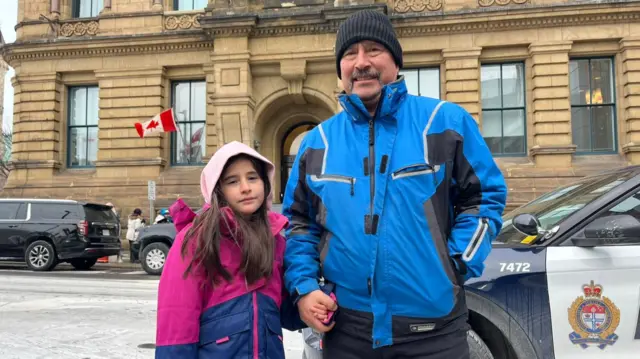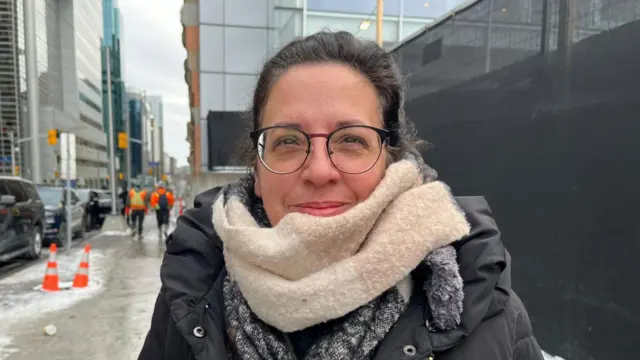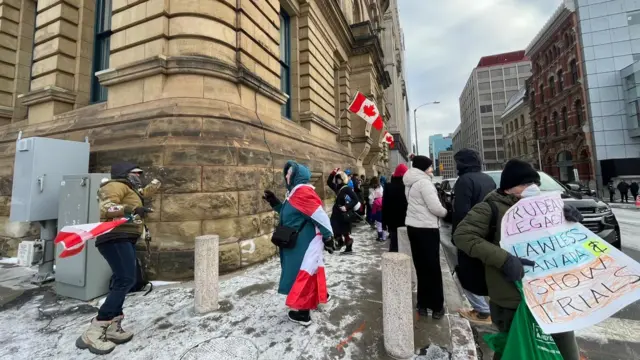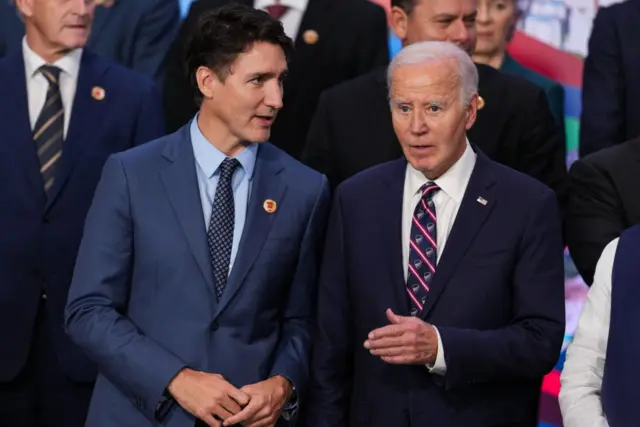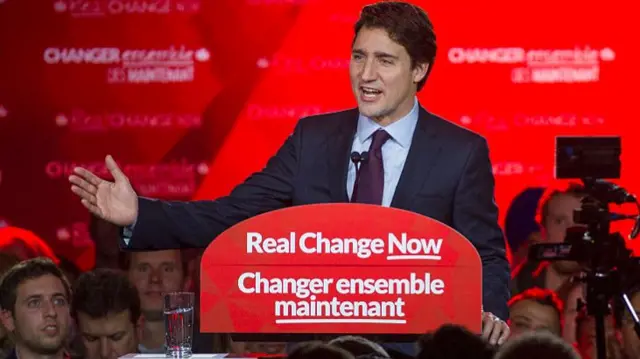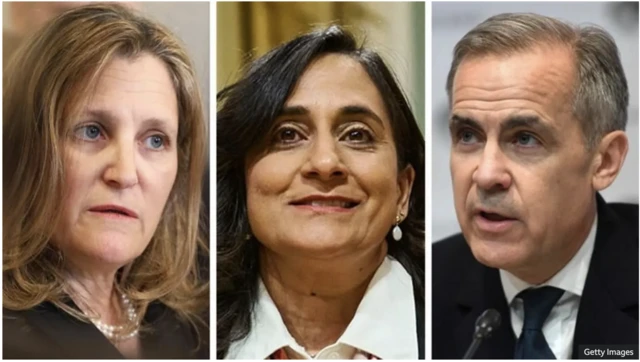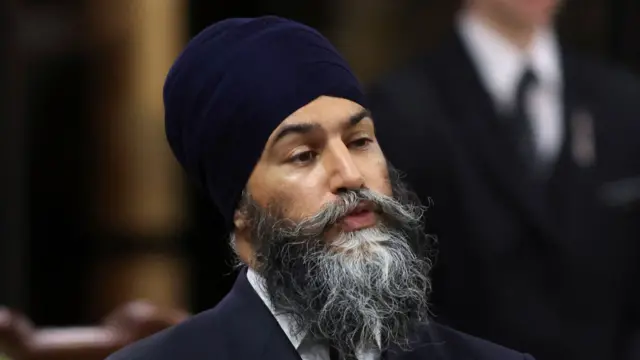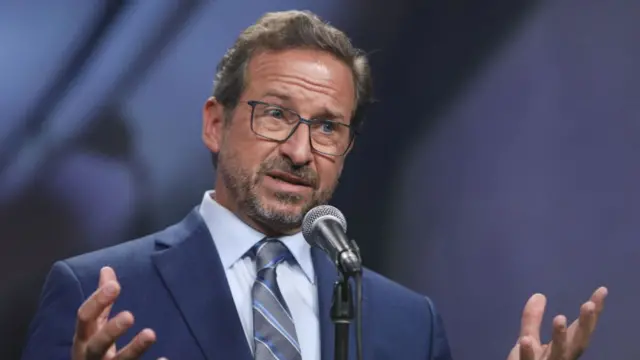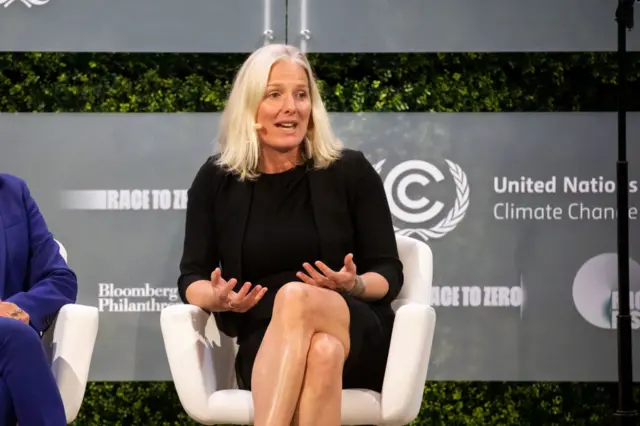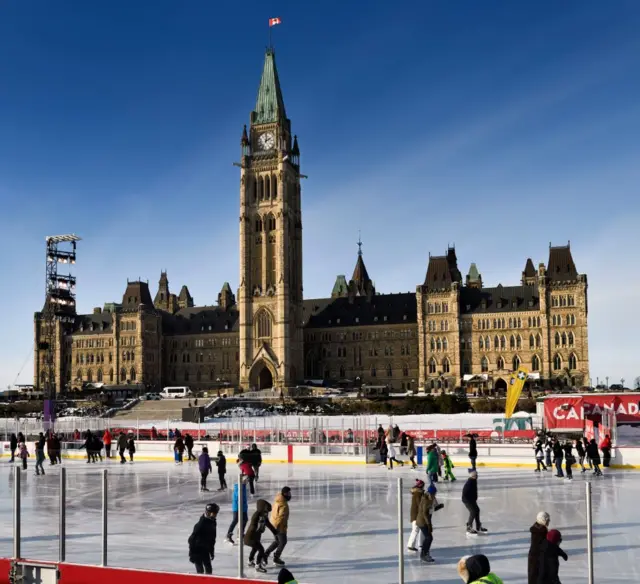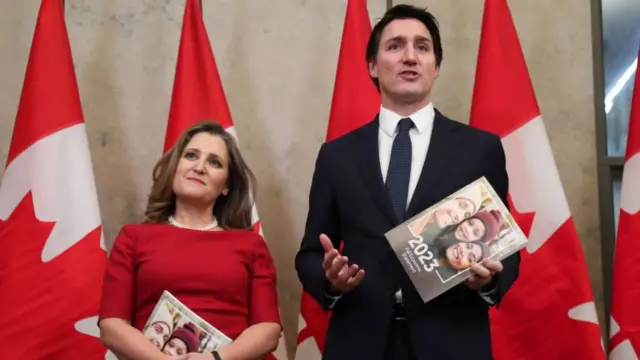Canadian Prime Minister Justin Trudeau resignspublished at 23:36 GMT 6 January
 Brajesh Upadhyay
Brajesh Upadhyay
BBC News, Washington
Canadian Prime Minister Justin Trudeau has announced his resignation as the party leader, and will leave the office of prime minister once a new leader of the ruling Liberal party is chosen.
Here’s a recap of what happened today:
- Trudeau said "this country deserves a real choice" at the next election, adding that internal battles in the party had made it impossible for him to face off against his political rivals.
- The prime minister had been under growing pressure from within his party and elsewhere to step down.
- He has announced that the parliament will be now prorogued until 24 March, which means parliament's operations are frozen for the next two and a half months.
- The Liberal Party president, Sachit Mehra, said he will convene a meeting of the National Board this week to select a new leader.
- Here’s a list of probables who might replace Trudeau.
- You can also read about his resignation and the reactions to it here.
This is the end of our live coverage. Thank you for joining us and, as this story evolves in the coming days and months, be sure to check back for the latest.


